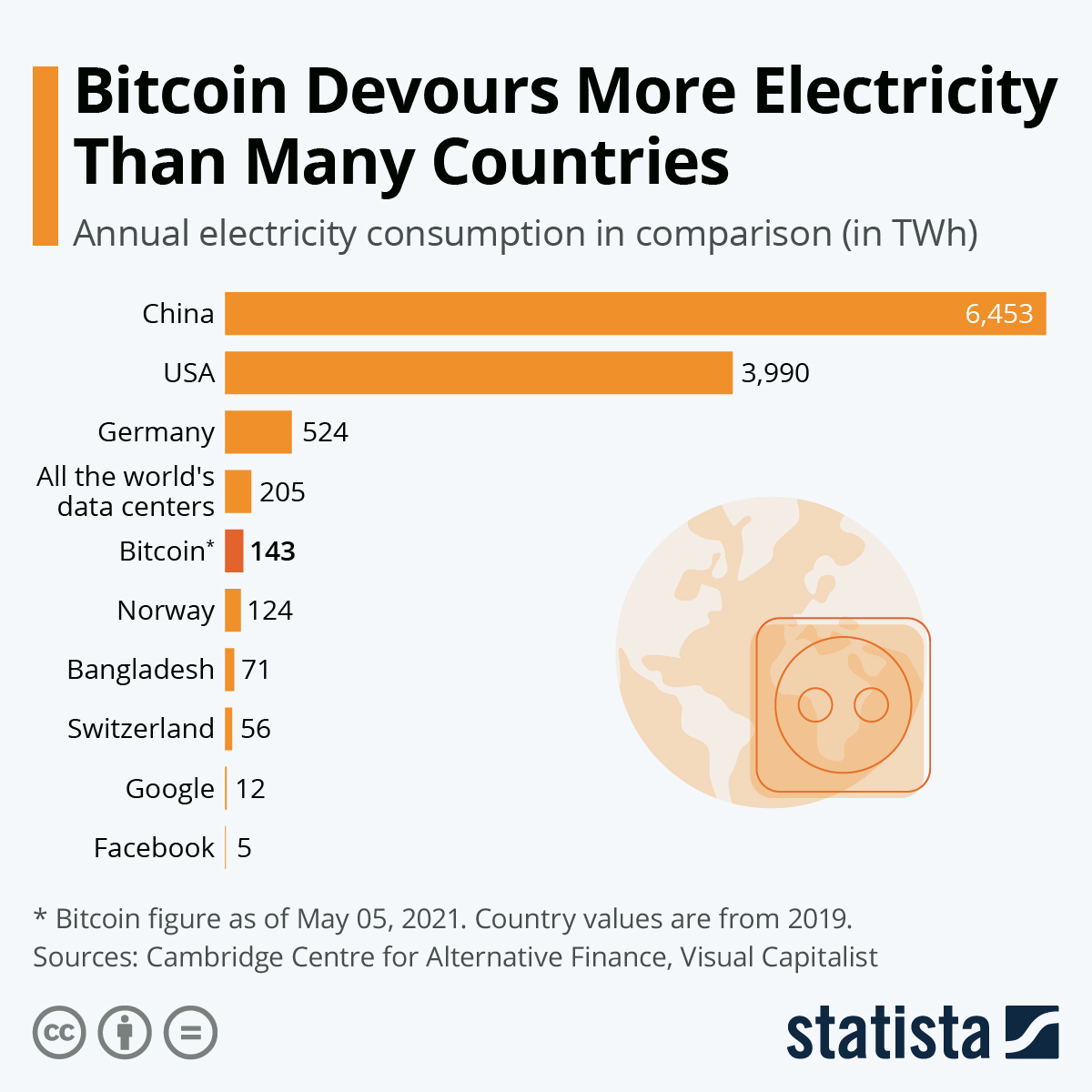There is no such thing as “twin transitions.”
According to the World Economic Forum (which brings together the most powerful elite of world capitalism), “a twin transition approach recognizes that there is a huge and largely untapped opportunity for technology and data to drive sustainability goals. Rather than treating digital and sustainability in isolation, a twin transition strategy combines these critical functions to unlock huge benefits in terms of efficiency and productivity”.
At our institute, we are very critical of this concept. And we had the opportunity to make a two-minute statement at the public event “Twin Transition (Green and Digital) – Roundtable” -on the “stakeholder day”- in the context of the OECD Digital Economy Ministerial Meeting held in Gran Canaria, Spain. You can read it here:

First of all, as civil society grouped in CSISAC (Civil Society Information Society Advisory Council), we are very glad that the OECD is interested in how the digital economy relates to the climate and ecological crisis we are experiencing.
But we must understand a fact clearly stated by the Intergovernmental Panel on Climate Change (IPCC) in its latest report on the “Mitigation of Climate Change”: not any digitalization is an enabler for mitigation. As the scientific evidence indicates, we have proof that digital technologies can play an important role in mitigating climate change in particular and vital areas: for example, its potential to help decarbonize transport and construction.
But digitalization is not in itself good for the energy transition. For exampe, there is scientific concern about the increased energy requirements of Artificial Intelligence and crypto-currencies. And above all, there is growing concerned about the indirect effects of digitalization, particularly when the energy efficiency it brings to other industries increases people's consumption.
Moreover, digitization implies high consumption of minerals and other natural resources, which can often compete with the energy transition itself and have a powerful socio-environmental and geopolitical impact in the global south. Not to mention the ecological impact of toxic electronic waste.
These are not “twin transitions” that are equally important. Digital transformation must be subjugated to the needs of the energy transition. In fact, as the latest IPCC report states, the main objective of public policies should be to prevent the digital transformation from increasing energy demand and exacerbating inequalities and the concentration of power.
In this sense, we believe that the opportunity for OECD member countries is to take this IPCC mandate and, through policies based on scientific evidence, transform digitalization into a true ally of the energy transition, avoiding competing with green energies and jeopardizing the achievement of the planet's climate goals.
***